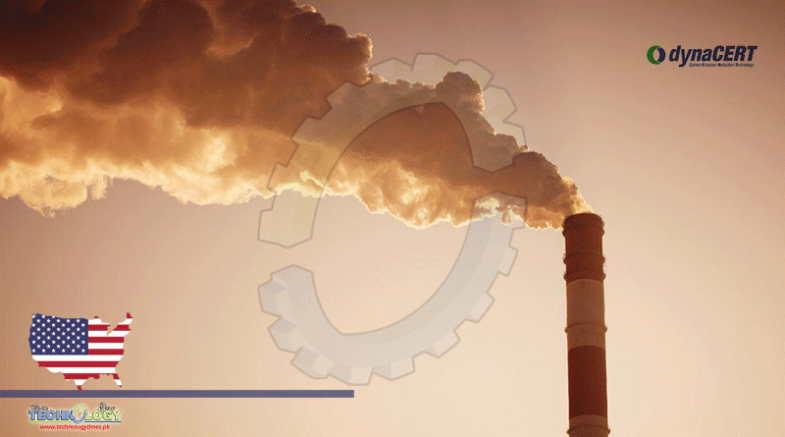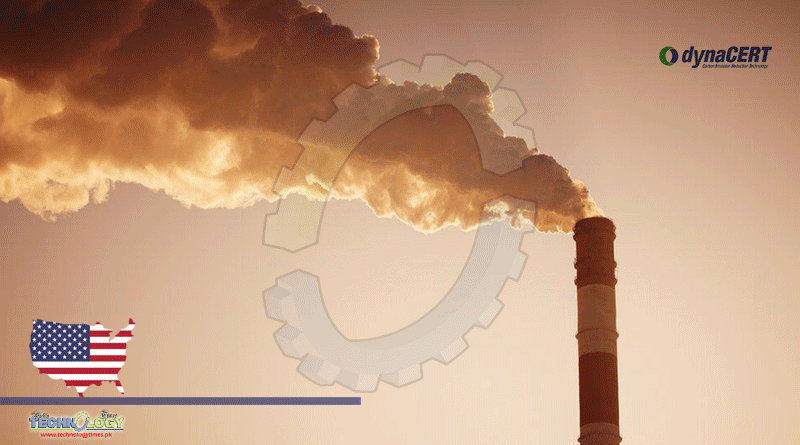DynaCERT’s Hydragen™ Units’ Adoption Is A Milestone In CO2 Reductions With Carbon Monetization Available To DynaCERT Clients.”

dynaCERT is pleased to announce that the executive management of Verra, which manages the world’s largest greenhouse gas program, the Verified Carbon Standard, has announced to dynaCERT that it’s Methodology in respect of its Carbon Credit Certification has reached a new important stage. As part of its normal required process of certification, Verra has advanced dynaCERT’s Carbon Credit Methodology to its Global Public Comment Stage in order to meet Verra’s Verified Carbon Standard. The Methodology for Improved Efficiency of Fleet Vehicles and Combustion Engines can be viewed and downloaded here: https://verra.org/methodology/methodology-for-improved-efficiency-of-fleet-vehicles-and-combustion-engines/
Verra indicates the following: “This Methodology applies to project activities that improve efficiency of vehicle fleets and mobile machinery (e.g. fleets of trucks, buses, cars, taxis or motorized tricycles, excavators, cranes), resulting in reduced fuel usage and GHG emissions. This Methodology is globally applicable. The Methodology is based on the CDM methodology AMS-III.BC. Emission reductions through improved efficiency of vehicle fleets and approved VCS Methodology Revision VMR0004 that included mobile machinery.” Once finalized by Verra, the Methodology will pave the way for dynaCERT’s patented HydraGEN™ Technology and HydraLytica™ Telematics to be deployed for the certification of Carbon Credits on a global basis.
Hydrogen Economy Leaders Collaborating with Verra
dynaCERT’s management is fully committed to maintaining a Canadian leadership role in the new Hydrogen Economy while collaborating significantly with other top-ranked clean industry leaders, such as Verra, to further supplement and broaden the benefits of the Company’s clean-technology line of products currently available to the global market.
United Nations Clean Development Mechanism
The previously announced concept note accepted by Verra is unique because no such similar methodology is in use globally for mobile transportation vehicles. See the Company’s Press Release dated January 25, 2021. After discussion and thorough research, Verra accepted the concept note designed to create dynaCERT’s new Transportation Verified Carbon Standard (VCS) Methodology under Verra’s VCS Program using the proposed revisions by dynaCERT and the Clean Development Mechanism of the United Nations enacted by the United Nations’ “Framework Convention on Climate Change, regarding emission reductions through improved efficiency of vehicle fleets”, i.e., AMS-III.B.C.
Monika Wojcik of Environmental Partners of the UK, dynaCERT’s consultant on Carbon Credits stated, “The approval of the new methodology could play an important role for the voluntary carbon market to scale up from $300 million valued now to over $50 billion to meet the demand for carbon neutrality in the near future. In the unrepresented transportation industry in the carbon market, dynaCERT’s HydraGEN™ units’ adoption is a milestone in the CO2 reductions with upcoming support of the carbon monetization available to dynaCERT clients.”
Jim Payne, CEO of dynaCERT, stated, “Voluntary Carbon Credits have grown exponentially in the last 5 years. The Voluntary Carbon Credit Market continues to grow rapidly and is expected to evolve as a very significant global investment opportunity, just as Cryptocurrency and FinTech have rapidly changed the world of modern investments and currency exchange. Verra is one such organization at the cornerstone of Voluntary Carbon Credits operating in the Carbon Credit certification market and it is by far one of the largest such organizations with a roster of over 1,700 Carbon Credit Projects world-wide. dynaCERT thanks Verra for all its continued support.”
This news was originally published at Business Wire
